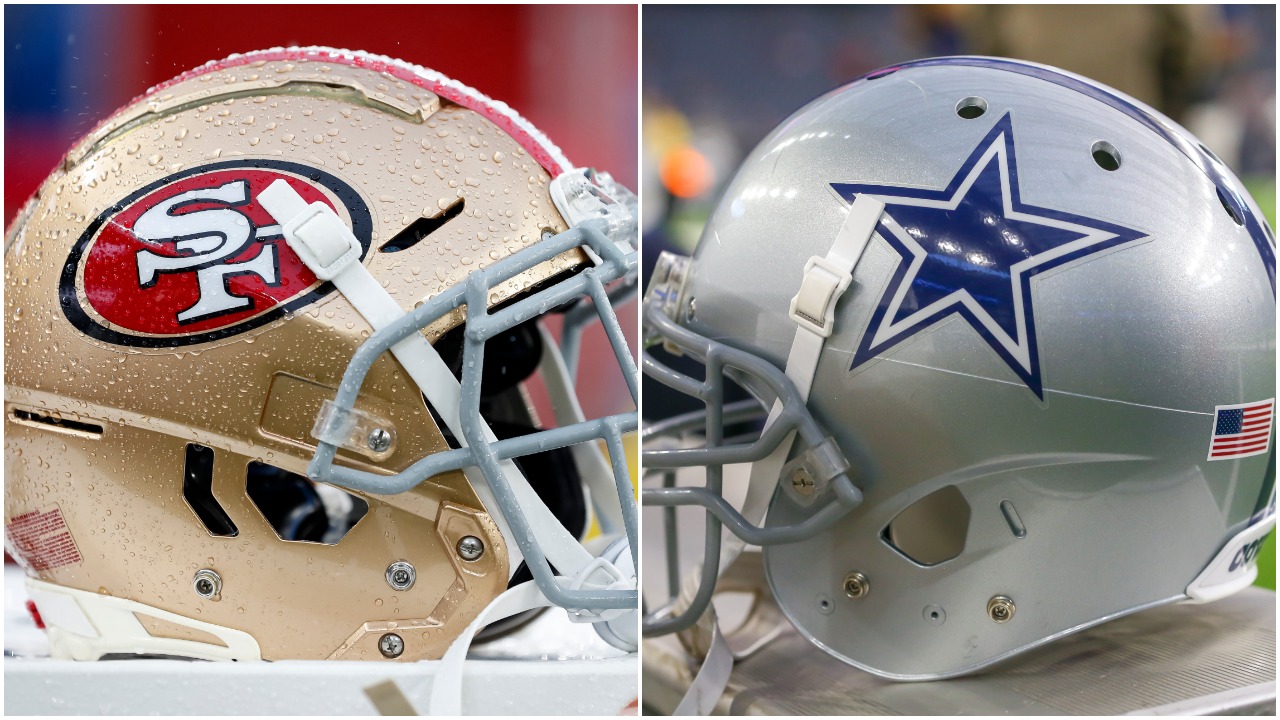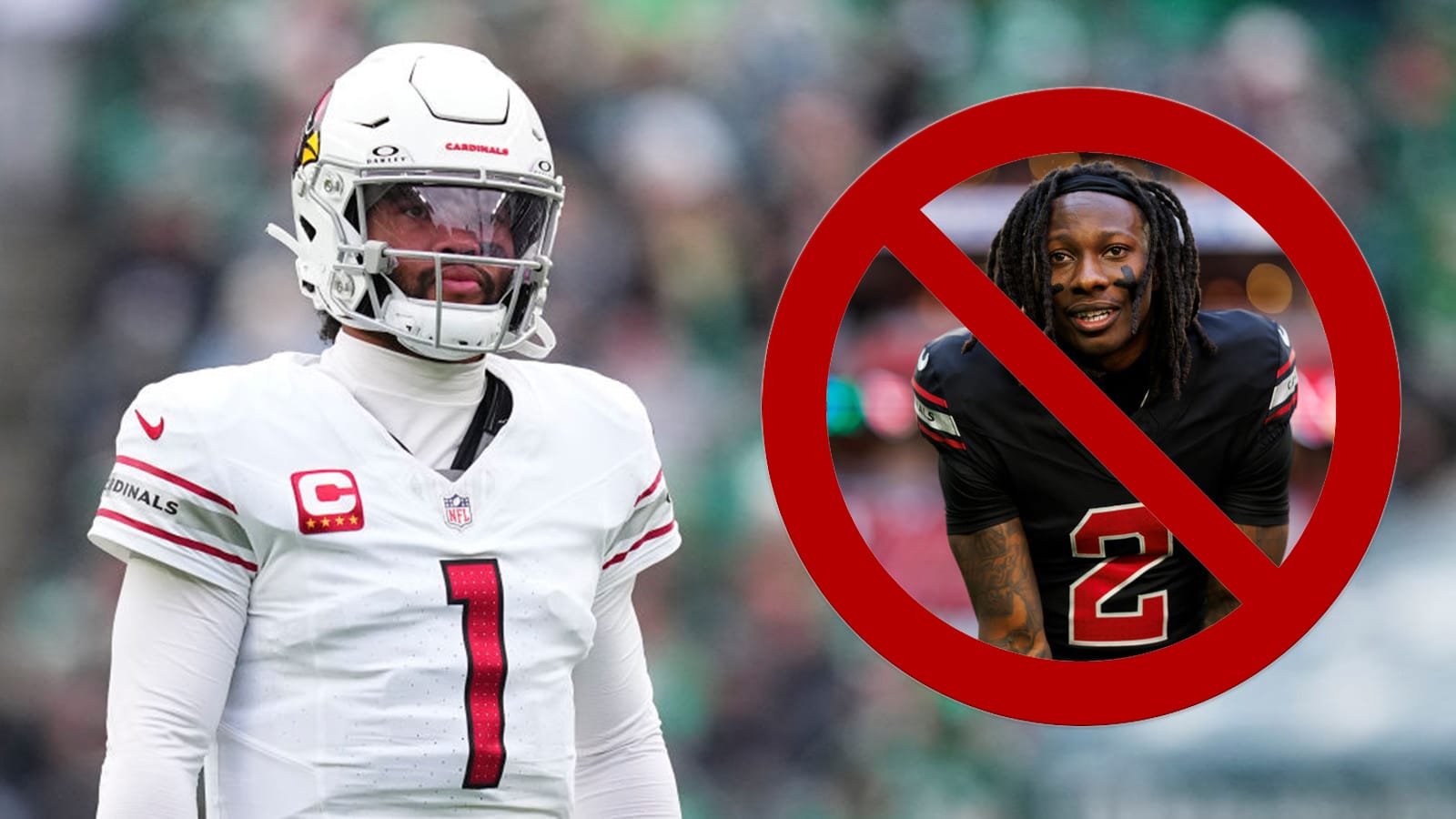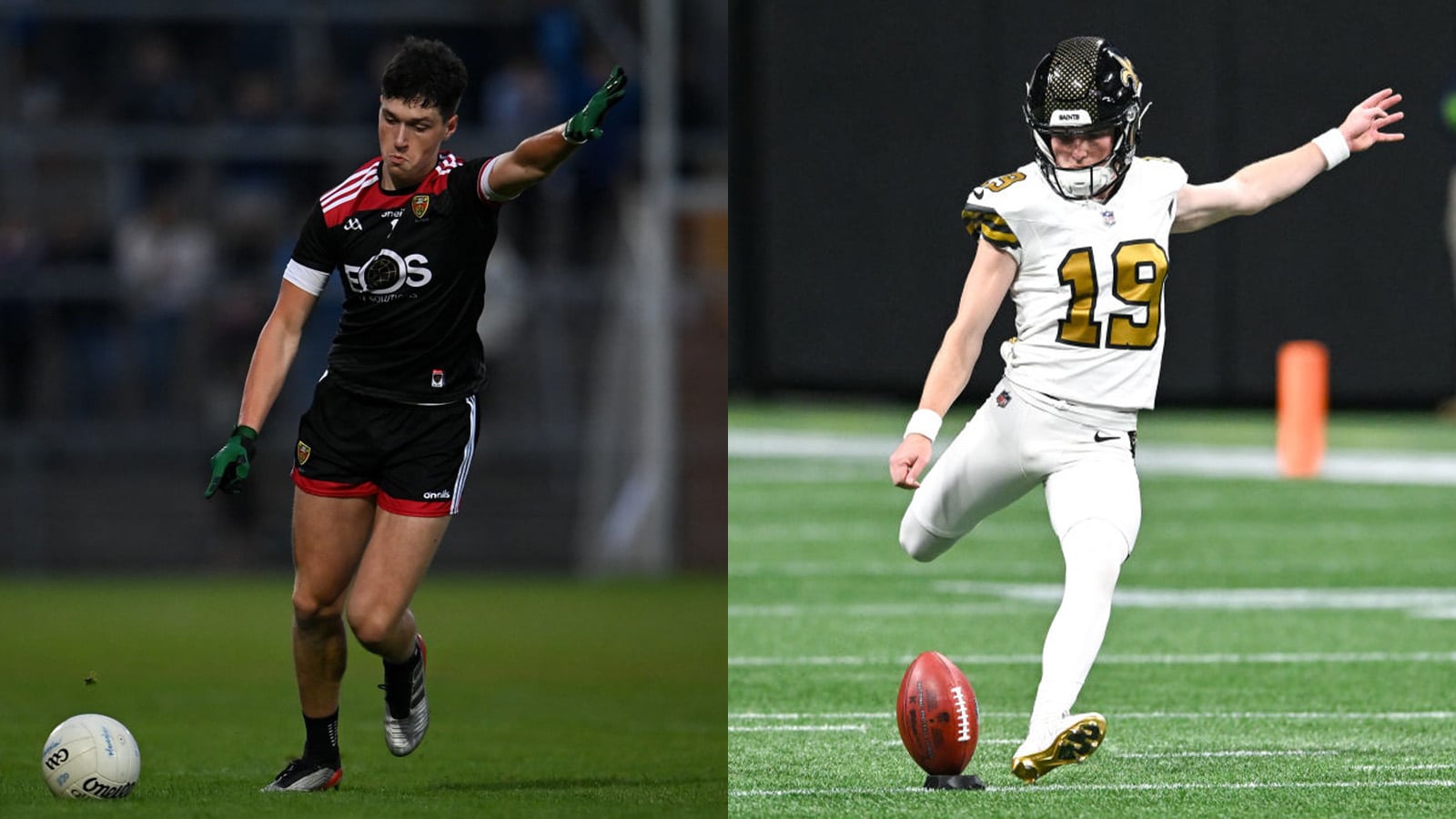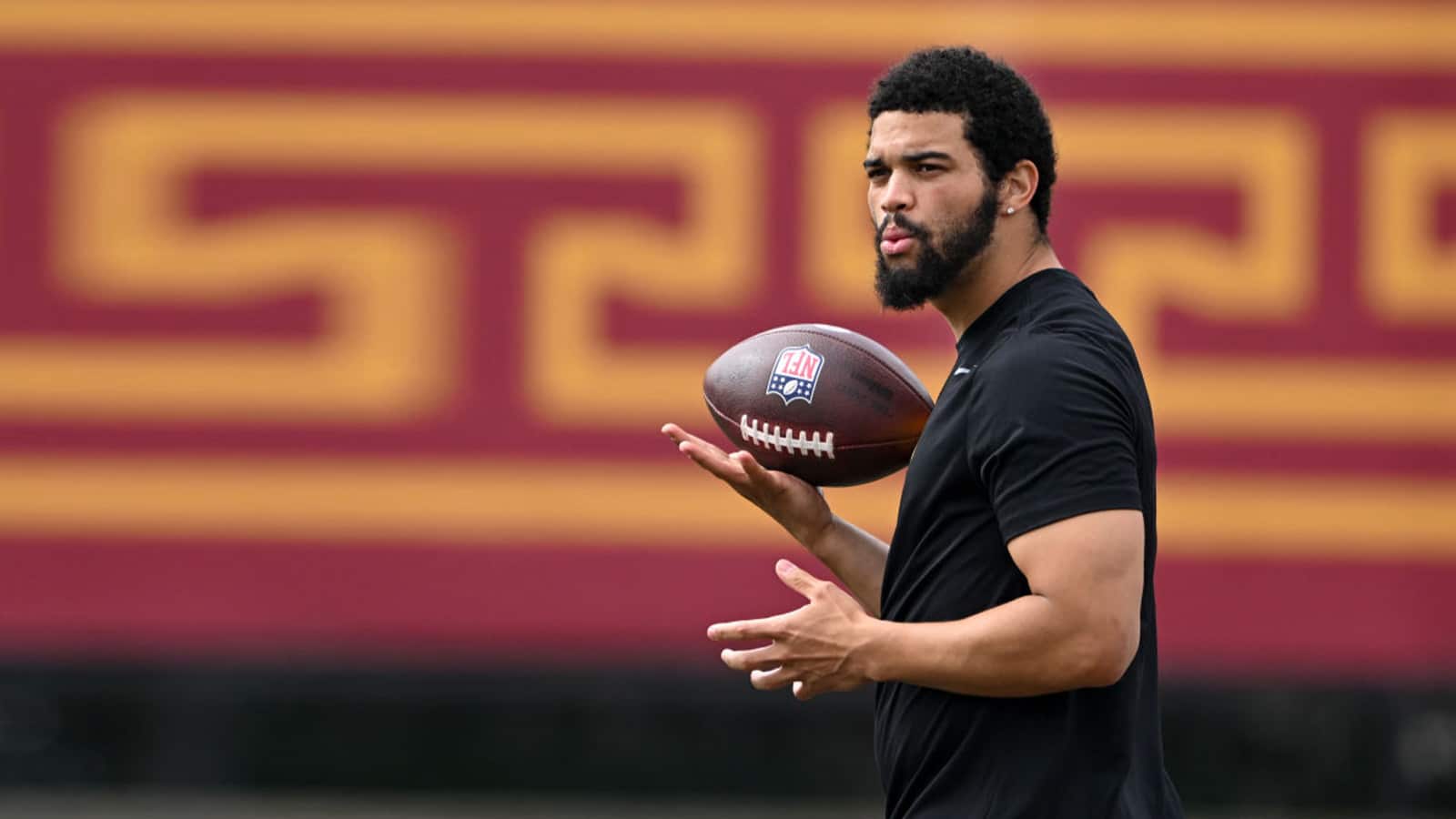
The Top 5 Players to Suit Up for Both the Dallas Cowboys and San Francisco 49ers
For the last 60-plus years, the Dallas Cowboys and San Francisco 49ers have had one of the great rivalries in NFL history.
While the two teams don’t play in the same division, the rivalry has previously been ranked as one of the top 10 of all time as the two teams have engaged in some epic regular-season battles and have met in the NFC Championship Game six times with the victor going on to win the Super Bowl five times.
And speaking of Super Bowls, the Cowboys and 49ers have both won five titles, second only to the six won by the New England Patriots and the Pittsburgh Steelers. The classic rivalry has also seen some of the greatest players in NFL history suit up on both sides, which we’ll be focusing on here today.
Here’s a quick look at the top five players (in alphabetical order) to suit up for both the Dallas Cowboys and San Francisco 49ers.
Larry Allen
Arguably the greatest offensive guard in NFL history, one-time Super Bowl champ Larry Allen played the first dozen seasons of his pro career with the Cowboys and then another two with the 49ers. In his 12 seasons in Dallas, Allen earned 10 Pro Bowl selections, a franchise record for an offensive player, and also earned seven First-Team All-Pro selections.
Allen earned an 11th Pro Bowl selection in his first season with the Niners in 2006. Just ahead of the 2008 season, Allen signed a one-day contract and retired as a member of the Cowboys. He was inducted into the Pro Football Hall of Fame in 2013.
Charles Haley
Charles Haley played a dozen seasons in the NFL and only suited up for the San Francisco 49ers and Dallas Cowboys. He was taken in the fourth round of the 1986 NFL draft by the 49ers and played linebacker for the 49ers for six seasons. He won two Super Bowls with the team, was selected to the Pro Bowl three times, and was a First-Team All-Pro selection in 1990, the same year in which he was named NFC Defensive Player of the Year.
Haley was traded to the Dallas Cowboys ahead of the 1992 season and moved to the defensive line. But that didn’t stop his production, as he was a vital member of an underrated Cowboys’ defense that helped the franchise win three Super Bowls in four years.
He finished fourth in the Defensive Player of the Year vote following the 1994 season, again earning First-Team All-Pro honors, and also made the first of two consecutive Pro Bowl appearances for Dallas that year.
Haley retired following the 1996 season but re-signed with the 49ers in January 1999 to aid in their playoff push and then played the following season for the team before finally retiring for good. The five-time Super Bowl champ was elected to the Pro Football Hall of Fame in 2015.
‘Bullet’ Bob Hayes
“Bullet” Bob Hayes played 11 seasons in the NFL, 10 with the Dallas Cowboys and his final year with the San Francisco 49ers. Still the only man in history to win an Olympic gold medal (he actually won two in Tokyo in 1964) and a Super Bowl, Hayes was taken in the 1964 NFL draft by the Cowboys before his college career at Florida A&M was even over.
Hayes first suited up for the Cowboys in 1965 and made an immediate impact. He was a Pro Bowl selection in each of his first three seasons and was an All-Pro selection (2 First Team, 1 Second Team) for three consecutive years from 1966-1968. The speedy wideout helped the Cowboys to two straight Super Bowl appearances in the early 1970s, including a win in Super Bowl 6 over the Miami Dolphins.
Over the course of a decade in Dallas, Hayes caught 365 passes for 7,295 yards and 71 touchdowns before closing out his career with the San Francisco 49ers in 1975. He was posthumously elected to the Pro Football Hall of Fame in 2009.
Terrell Owens
Terrell Owens certainly holds an interesting place in the San Francisco 49ers vs. Dallas Cowboys rivalry, doesn’t he?
Taken in the third round of the 1996 NFL draft by the 49ers, Owens spent the first eight seasons of his career in San Francisco, earning four Pro Bowl selections and three First-Team All-Pro selections. In those eight seasons, T.O. caught 592 passes for 8,572 yards and 81 touchdowns, with a couple of his most famous scores coming in Dallas against the Cowboys in 2000.
After catching his first touchdown pass that day, Owens sprinted out to midfield to pose on the Cowboys’ star, which certainly wasn’t appreciated on the Dallas sideline. When he caught a second touchdown pass later in the game, T.O. again sprinted out to the star to pose but was leveled by Cowboys safety George Teague, although Owens did still eventually get his pose in.
Owens controversially left the 49ers in 2004 and spent two seasons with the Philadelphia Eagles before signing with the Dallas Cowboys in 2006. T.O. was a Pro Bowl selection and a First-Team All-Pro in his second year in Big D and played three seasons with the Cowboys, catching 235 passes for 3,587 yards and 38 touchdowns before closing out his career with the Buffalo Bills and Cincinnati Bengals. Terrell Owens was elected to the Pro Football Hall of Fame in 2018.
Deion Sanders
After spending the first five years of his career with the Atlanta Falcons, Deion Sanders signed a one-year deal to join the San Francisco 49ers ahead of the 1994 campaign and enjoyed what most believe was the best NFL season of his career.
Deion recorded six interceptions that year, tied for the second-highest total of his career, returning them for a then-record 303 yards and three touchdowns. Sanders was named the league’s Defensive Player of the Year and helped the 49ers to a Super Bowl win over the San Diego Chargers.
The following season, “Primetime” joined the Dallas Cowboys, helping them to a Super Bowl win over the Pittsburgh Steelers. Deion played five seasons in Dallas, earning four Pro Bowl selections and three First-Team All-Pro selections.
He was released by Dallas for salary cap reasons ahead of the 2000 season, in which he played for Washington. Sanders then retired for three years before coming back to play two seasons with the Baltimore Ravens. He was elected to the Pro Football Hall of Fame in 2011.



